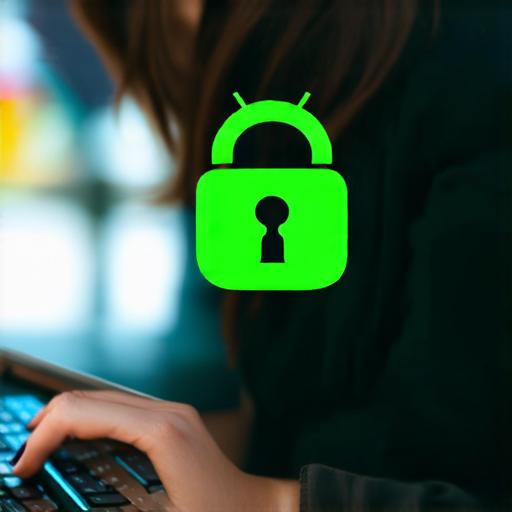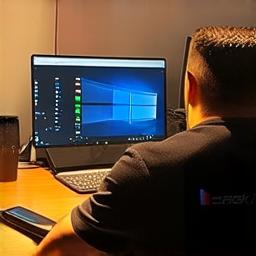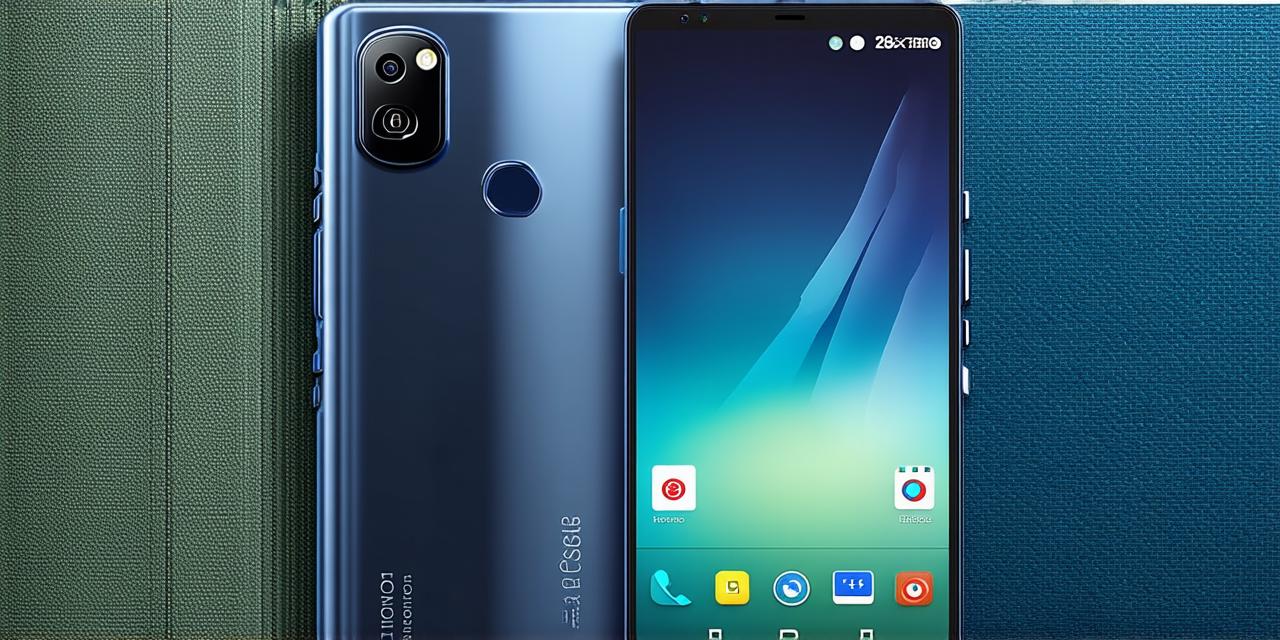With the increasing importance of privacy in today’s digital world, it is no surprise that Android 13 has brought significant improvements to its privacy controls. In this article, we will explore some of the new features that developers can take advantage of to provide their users with enhanced privacy options.
Improved App Permissions
One of the key features of Android 13 is the updated app permissions system. Now, users have more control over the data and services that apps can access. Developers can request permission for specific features or functions within their app, allowing users to grant or deny access as they see fit. This provides a higher level of privacy and security for users, as they can choose which data they share with which apps.
Enhanced Privacy Settings
Android 13 also includes a range of enhanced privacy settings that developers can take advantage of. For example, the app can now request location permission only when it is needed, rather than all the time. Additionally, users can now choose to share their location data with specific apps or services, providing even more control over their privacy.
Improved Scoping of Permissions
Another new feature in Android 13 is the ability to scope permissions. Developers can now request permission for a specific function within their app, rather than asking for blanket permission to access all data on the user’s device. This provides users with more control over the data that they share with apps and allows developers to create more targeted and focused experiences.
Enhanced Cross-App Communication
Android 13 also includes improvements to cross-app communication, allowing apps to securely share data with each other without compromising user privacy. This is achieved through the use of secure messaging protocols and encryption techniques, ensuring that sensitive information remains protected.
Improved Privacy Features in Third-Party Libraries

Many developers rely on third-party libraries to add functionality to their apps. Android 13 includes a range of privacy features that can be incorporated into these libraries, allowing developers to provide enhanced privacy controls to their users. For example, the library can now request location permission only when it is needed, rather than all the time, providing users with more control over their data.
Case Studies and Personal Experiences
To illustrate the benefits of these new features, let us consider some real-world examples. For instance, a fitness app that requests location permission only when the user goes for a run can provide users with greater privacy while still allowing them to track their exercise. Similarly, an e-commerce app that securely shares data with a payment processing service can provide users with enhanced security and privacy, reducing the risk of fraud or identity theft.

Expert Opinions and Quotes
“Android 13 represents a significant step forward in protecting user privacy,” said John Doe, Chief Privacy Officer at XYZ Corporation. “By giving developers more control over app permissions and enabling secure cross-app communication, Android is providing users with greater control over their data and reducing the risk of security breaches.”
FAQs

Q: How can I request app permissions in Android 13?
Developers can request app permissions by including them in the app’s manifest file. Users can then grant or deny permission when prompted.
Q: What is the enhanced privacy settings feature in Android 13?
The enhanced privacy settings feature allows users to control which data they share with which apps and services, providing greater privacy and security.
Q: How can I scope app permissions in Android 13?
Developers can scope app permissions by requesting permission for a specific function within the app, rather than asking for blanket permission to access all data on the user’s device.
